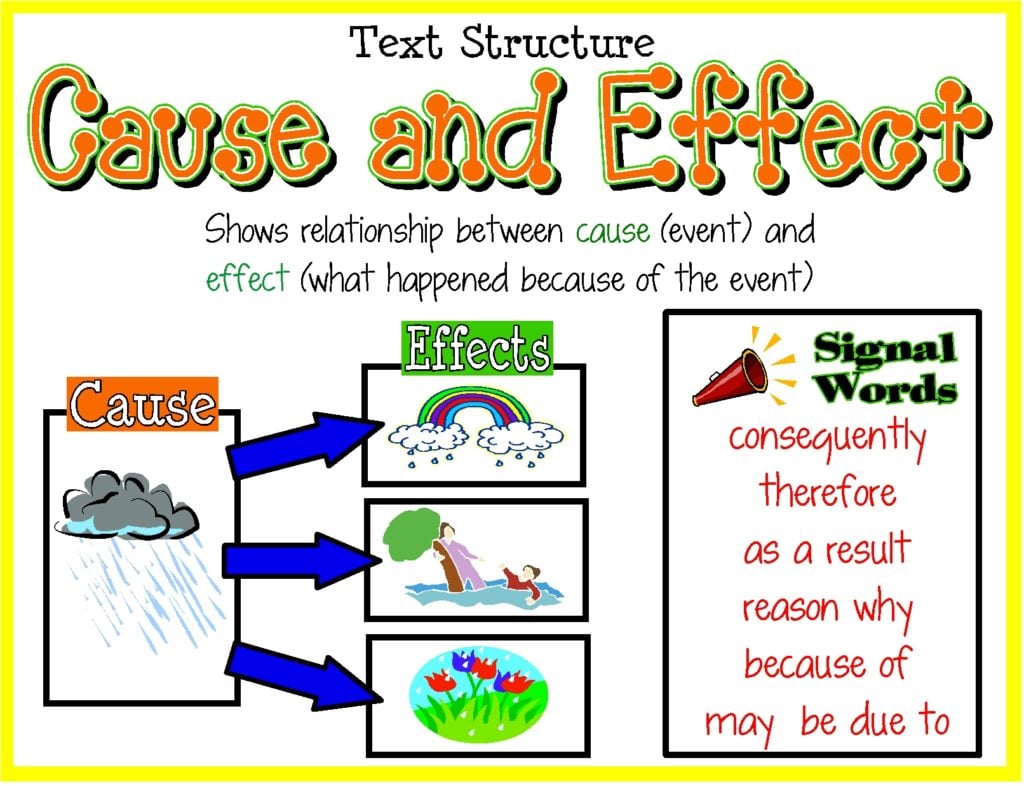
Hello, I am Hayden Meads, the Director of Studies at Langports Gold Coast. I would like to talk about “adverbs of cause and effect”, which may help your writing.
What is an adverb of cause and effect?
If you are unsure as to what this is, well actually, it is not that difficult. The most common adverb of cause and effect that is used is “because”. We use the word “because” or other adverbs of cause and effect to explain the reason for what happens in the main clause. Have a look at the following example; Mark bought a new car because he got a better job. (The reason why Mark bought a new car was because he got a new job).
Now, as your English progresses or if you are about to sit an IELTS or Cambridge exam, you may want to start using other words like since, as, inasmuch as, in that and to the extent that, which are all adverbs of cause and effect so they can be used to replace the more common word “because”.



Let’s have a look at some of these adverbs of cause and effect!
The following adverbs of cause and effect mean the same as because and are used to give the reason for doing something; as, since, seeing that. For example; Since it was such a hot day, Mark went to the beach. (The reason why Mark decided to go to the beach was because it was such a hot day)
We use the adverbs of cause and effect in case and just in case to state the reason for why we are doing something earlier than expected or in advance. For example; In case it rains later, John brought his umbrella to school.
Inasmuch as and insofar as possess exactly the same meaning as because but we only use them when we want to give the reason why we personally think something is either true or not true. For example; I believe that New Zealand is one of the best countries in the world inasmuch as it has beautiful natural scenery and is a safe. (The reasons for why I think New Zealand is one of the best countries is given but this is only my opinion; therefore, we can use either inasmuch as or insofar as)


What has been provided above is merely a snap-shot of what an adverb of cause and effect is. When looking at any adverb clause, you must already have a good understanding of what an independent and dependent clause is as well as what a main or finite verb is. If you require any further instruction about anything you have read in this blog, ask your lovely teacher and I am sure that they will be more than happy to provide any further explanation.
Thanks,
Hayden Meads
Another academic blogs:
“Improving your vocabulary”: http://www.langports.com/improving-your-vocabulary/
“Reading Tips & Techniques” : http://www.langports.com/reading-tips-techniques/
“Advantage of using dictionary” : http://www.langports.com/make-dictionary-friend-stop-relying-google-translate/